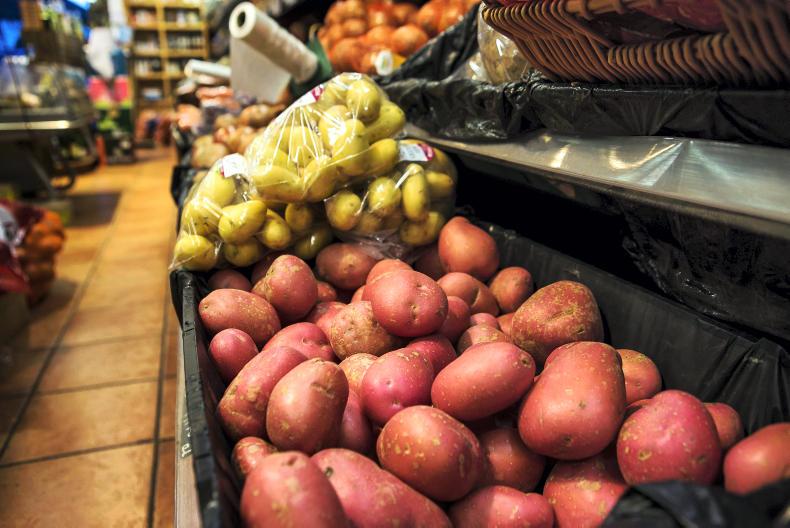Next week’s budget presented by new British Chancellor Rishi Sunak might not go down well with farmers, if recent reports in the national press are to be believed.
Some have suggested that he could do away with agricultural property relief from inheritance tax, and potentially cut the subsidy on red diesel. With a top government adviser to the chancellor also reported as saying that farming and fishing are not important to the UK economy, it all paints a fairly depressing picture for the agri-food industry.
Yet we are now facing what the British health secretary described this week as an “incredibly serious threat” from coronavirus, with widespread transmission of the disease looking increasingly likely.
Contingency
In response, British supermarkets have been putting in place contingency plans that are understood to involve scaling back on the variety of foods and groceries available from around the world, instead focusing on maintaining supplies of staple products. Those staple foods include the likes of cereals, meat and dairy.
Even if that scenario doesn’t play out, surely it is still a stark reminder for government that it must protect its indigenous farming base
While none of us wants to see coronavirus taking hold on these islands, if global supply chains break down, locally produced food takes on a new level of importance.
Even if that scenario doesn’t play out, surely it is still a stark reminder for government that it must protect its indigenous farming base.
It is truly incredible how some in media, government and the general public have dismissed farming in recent years, leading to a lifestyle being promoted that is based on food imports from countries thousands of miles away, that are fast running out of natural resources.
Climate change
In turn, we face a crazy scenario where many people actually believe that because they cut down on red meat or remove dairy products from their diet, they have “done their bit” to prevent climate change.
Read more
No ANC means no need for livestock
Time to deliver on TB eradication plan
Next week’s budget presented by new British Chancellor Rishi Sunak might not go down well with farmers, if recent reports in the national press are to be believed.
Some have suggested that he could do away with agricultural property relief from inheritance tax, and potentially cut the subsidy on red diesel. With a top government adviser to the chancellor also reported as saying that farming and fishing are not important to the UK economy, it all paints a fairly depressing picture for the agri-food industry.
Yet we are now facing what the British health secretary described this week as an “incredibly serious threat” from coronavirus, with widespread transmission of the disease looking increasingly likely.
Contingency
In response, British supermarkets have been putting in place contingency plans that are understood to involve scaling back on the variety of foods and groceries available from around the world, instead focusing on maintaining supplies of staple products. Those staple foods include the likes of cereals, meat and dairy.
Even if that scenario doesn’t play out, surely it is still a stark reminder for government that it must protect its indigenous farming base
While none of us wants to see coronavirus taking hold on these islands, if global supply chains break down, locally produced food takes on a new level of importance.
Even if that scenario doesn’t play out, surely it is still a stark reminder for government that it must protect its indigenous farming base.
It is truly incredible how some in media, government and the general public have dismissed farming in recent years, leading to a lifestyle being promoted that is based on food imports from countries thousands of miles away, that are fast running out of natural resources.
Climate change
In turn, we face a crazy scenario where many people actually believe that because they cut down on red meat or remove dairy products from their diet, they have “done their bit” to prevent climate change.
Read more
No ANC means no need for livestock
Time to deliver on TB eradication plan










SHARING OPTIONS